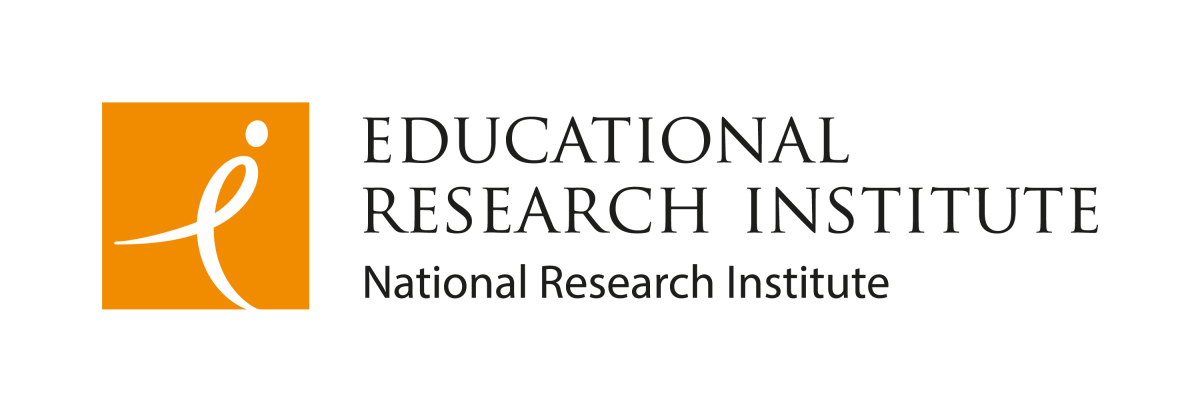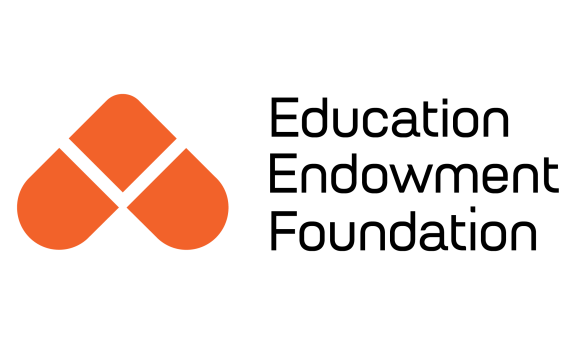
- Menstrual Hygiene Management Intervention: Pilot Study (Cameroon) – eBASE Africa
In Cameroon, there is a lack of awareness about Menstrual Hygiene Management (MHM) practices in schools, along with the poor maintenance and inadequate school sanitation facilities for girls, have been identified as major challenges to proper MHM.
This project was commissioned by eBASE Africa and delivered in collaboration with UN Women and evaluated by ASOWWIP. It focused on improving MHM facilities for female learners through the construction and renovation of safe spaces (toilet facilities) in 15 schools spanning three regions of Cameroon. Benefiting over 7,000 vulnerable female students, the project extended beyond the provision of physical infrastructure. Each facility was equipped with MHM supplies, including reusable sanitary towels and underwear, contained within ‘dignity kits.’ Additionally, schools appointed an MHM focal points, and teachers received training to educate and raise awareness about MHM, both within the school and broader community.
The mixed-methods pilot evaluation sought to assess the programme’s feasibility of implementation, acceptability, evidence of promise and scalability. The study found that the intervention led to improvements in MHM practices within schools, which in turn led to an increase in the school attendance rate of adolescent girls. Furthermore, implementation was deemed highly feasible, widely accepted, and ready for further scaling.
This study was commissioned and managed by eBASE Africa and has been funded by the Education Endowment Foundation, in partnership with the BHP Foundation, as part of the “Building a global evidence ecosystem for teaching” project.
Learn more
About the project
About eBASE Africa
Related projects
Developing online training to support literacy teaching in Colombia
Supporting reading fluency for young children in Jordan
Developing evidence portal topics for Sub-Saharan Africa
Project summary










